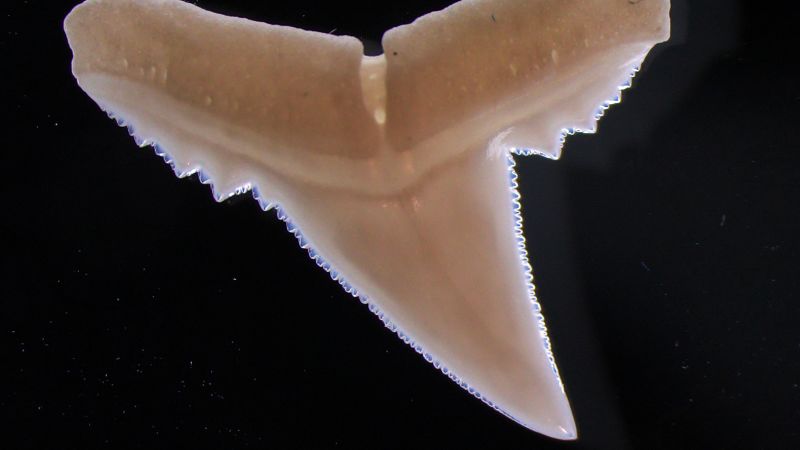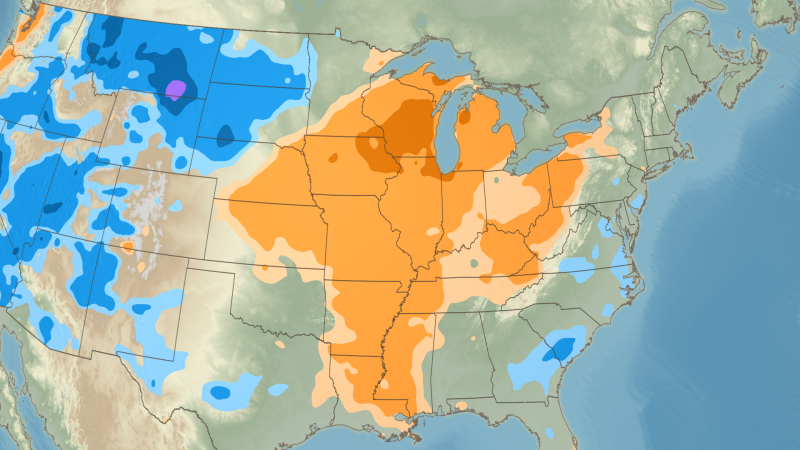
Impacts of Ocean Acidification on Shark Teeth and Marine Ecosystems
Opinion | 8/27/2025
A recent study has found that the world’s oceans are becoming more acidic due to the impacts of climate change. This increasing acidity in ocean water poses a potential threat to marine life, particularly sharks. The study indicates that the declining pH levels in the ocean could lead to the erosion of sharks’ teeth, which play a crucial role in their survival and predatory behavior.
Sharks, as apex predators in marine ecosystems, rely heavily on their teeth for hunting, feeding, and defense. The potential erosion of their teeth due to ocean acidification could have significant implications for their ability to effectively catch prey and maintain their position at the top of the food chain. Researchers warn that this phenomenon could not only affect shark populations but also disrupt the delicate balance of marine ecosystems.
Dr. Maria Johnson, a marine biologist specializing in shark physiology, stated, “The findings of this study underscore the vulnerability of sharks to the changing ocean conditions. Their teeth, essential for hunting and survival, are at risk of erosion as the ocean becomes more acidic.” Dr. Johnson emphasized the need for further research to fully understand the extent of the impact on shark populations and the broader implications for marine biodiversity.
Ocean acidification, driven by the absorption of carbon dioxide from the atmosphere, is a well-documented consequence of climate change. The process results in a decrease in pH levels in seawater, posing a threat to various marine organisms with calcium carbonate structures, such as corals, shellfish, and now potentially shark teeth. Scientists stress the importance of addressing the root causes of ocean acidification to mitigate its harmful effects on marine ecosystems.
As the ocean continues to become more acidic, the long-term implications for shark populations remain a topic of concern among marine biologists and conservationists. Understanding and addressing the intricate relationship between ocean acidification and marine biodiversity is crucial in safeguarding the health of our oceans and the diverse species that inhabit them. Further research and proactive conservation efforts are essential to mitigate the potential impacts of this growing environmental challenge.


